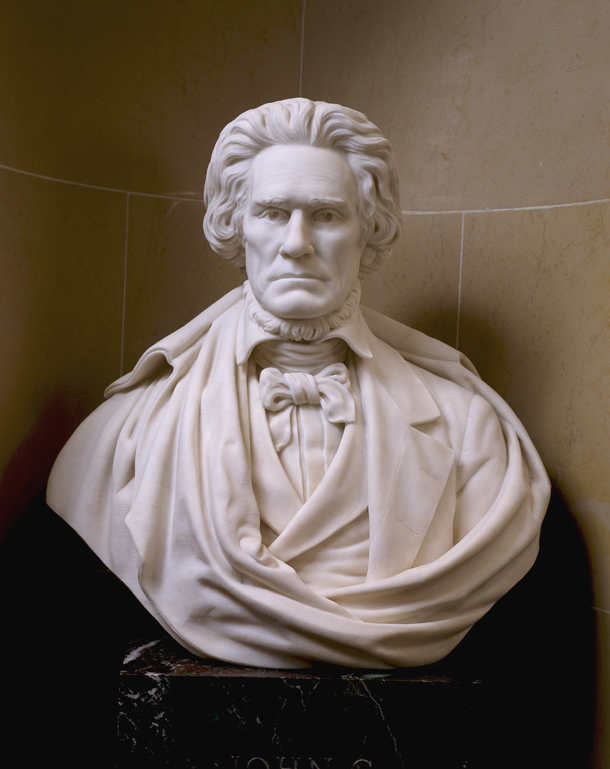
Writing about the “Great Triumvirate” of Webster, Clay, and Calhoun during the third Nullification controversy in America of 1828-1832, and in particular about the Webster-Hayne debate of 1830, the late Prof. Merrill D. Peterson made this telling point: “In the course of answering Hayne point by point, Webster unfolded a [new] conception of the Union and the Constitution that stood in stark contrast to that of the South Carolinians[who were defending original intentions and the principles of republicanism and federalism].” After calling Hayne “the fanatical one” about slavery and “imagining a Northern conspiracy against slavery where none existed,” he came to the American System. “ Then “Webster again disclosed the wide gulf between two systems of politics, two philosophies of the Union.” Instead of seeing “essentially different countries with different interests [as represented by Ohio and South Carolina], we [in the North] look upon the States, not as separated, but as united . . . . We do not impose . . . geographical limits to our patriotic feelings . . . .” (Peterson, The Great Triumvirate, 176.)
More @ The Abbeville Institute

No comments:
Post a Comment